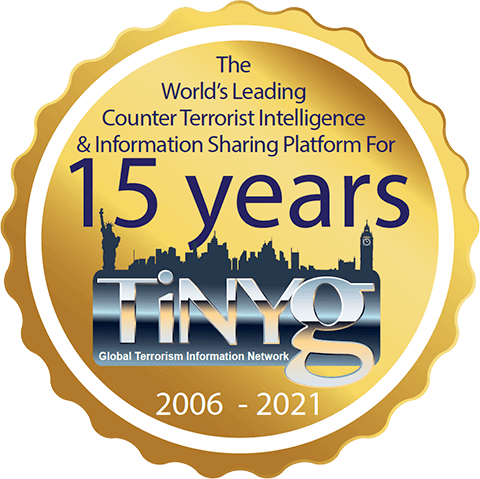22/02/24
Counter-Terrorism Committee conducts second assessment visit to Thailand
Acting on behalf of the Security Council Counter-Terrorism Committee, its Executive Directorate (CTED) last month conducted its second assessment visit to the Kingdom of Thailand. The first assessment visit to the country took place nearly two decades ago, in 2005, and since then more than 20 Security Council resolutions have been adopted. This second visit, held from 12-15 December, covered all relevant Security Council resolutions, including Security Council Resolution 1373 (2001).
The delegation was led by Elizabeth Joyce, Chief of Section for the Americas and Asia Pacific, and included CTED experts, as well as representatives from United Nations bodies and international organizations, including the International Organization for Migration (IOM), the United Nations Office of Counter-Terrorism (UNOCT), the United Nations Office on Drugs and Crime (UNODC), and the World Customs Organization (WCO). This visiting delegation was the largest ever for a CTED assessment visit, consisting of 16 core members.
Under the guidance of Thailand’s Ministry of Foreign Affairs and its National Security Council (NSC), the delegation had the opportunity to meet with officials from various ministries and departments and hold constructive discussions to assess progress made by Thailand on the implementation of counter-terrorism measures. These discussions included thematic areas involving aviation and maritime security, border management, immigration policy, illicit financial flows, and controls on small arms, light weapons and explosive devices. Given Thailand’s position as South-East Asia’s number two economy with the second busiest international airport in the region, the delegation placed special focus on site-visits to the Suvarnabhumi International Airport and Laem Chabang Sea Port.
The delegation also had the opportunity to hold meetings with civil society organizations from the southern border provinces to assess the effects of counter-terrorism measures on civil society activities, alongside additional United Nations entities, such as the United Nations Development Programme (UNDP), the Office of the High Commissioner for Human Rights (OHCHR), and UN Women.
As the threat of terrorism progresses and changes, assessment visits are essential for the Counter-Terrorism Committee to remain in open dialogue with Member States. CTED conducts these visits on the Committee’s behalf to assess Member States’ counter-terrorism efforts, including progress made, remaining shortfalls, and priority areas for technical assistance needs, as well as to identify terrorism-related trends and challenges and good practices employed in the implementation of relevant Security Council resolutions.
Related Links
Back to index

